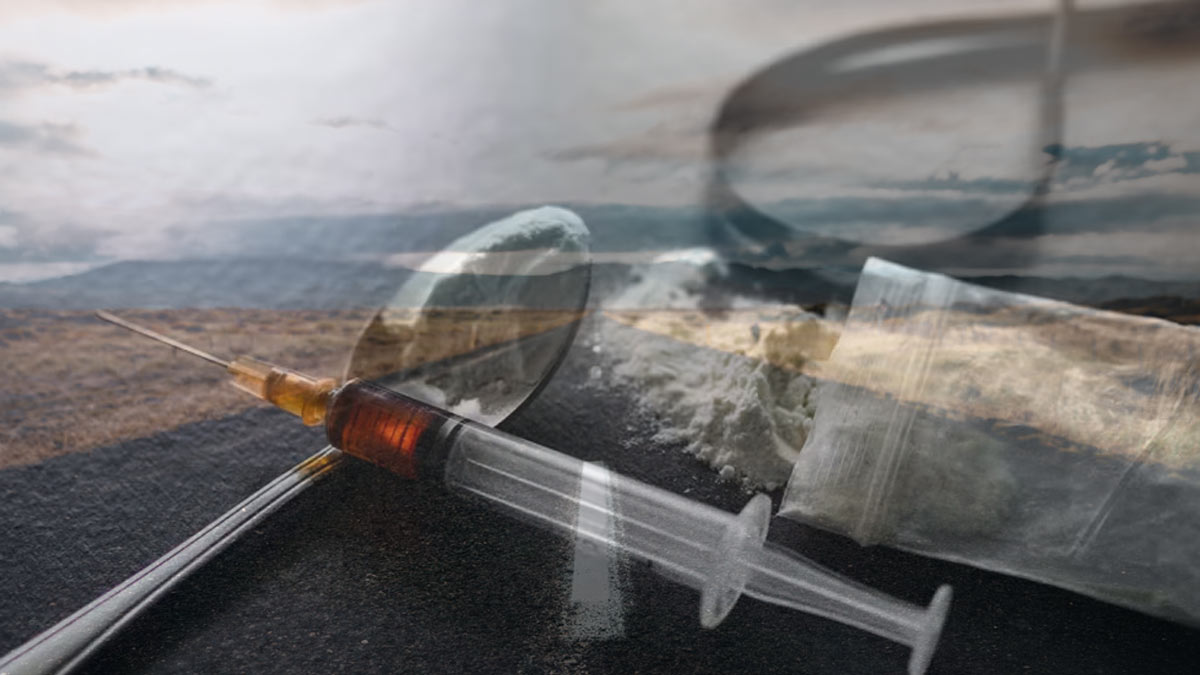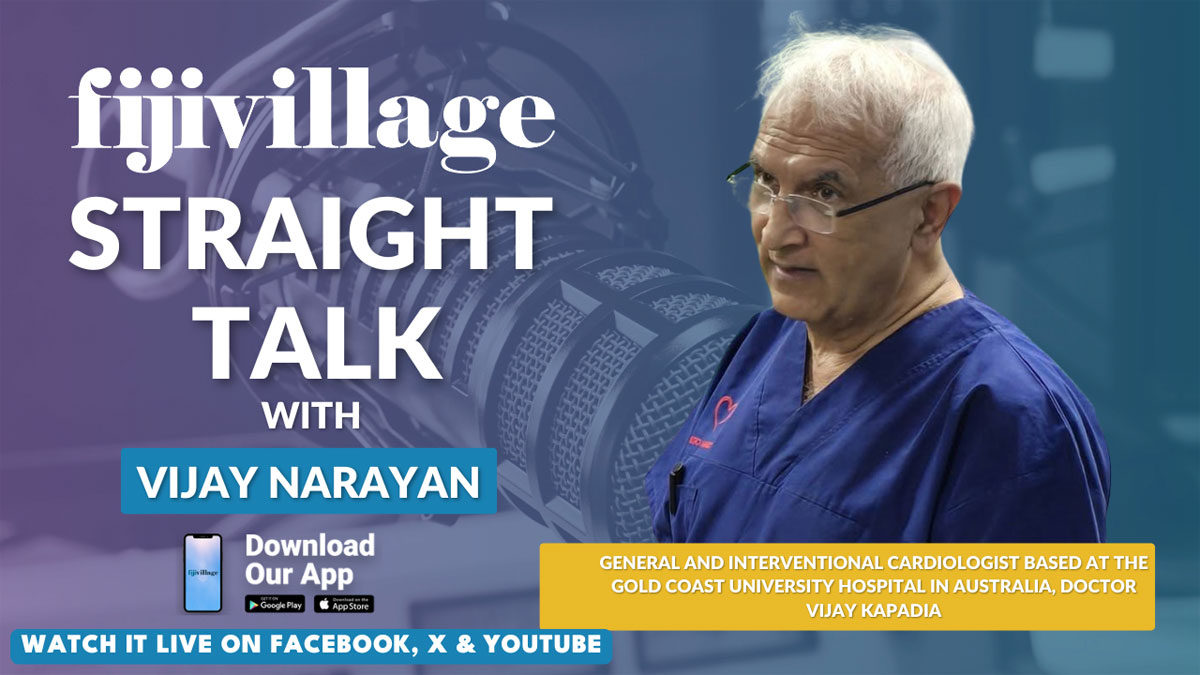
Outlaw motorcycle gangs have established a presence in Pacific island countries, including Fiji, Cook Islands, Guam, Palau, and Tonga, which has been attributed, in part, to an increase in local criminal activity involving drugs and other crimes.
According to the latest report by the United Nations Office on Drugs and Crime titled Transnational Organized Crime in the Pacific: Expansion, Challenges and Impact, law enforcement officials from the United States, Australia, and New Zealand suspect Hell’s Angels and their support groups, including Eight Demons, and its predecessor, the Ronin Brotherhood, of trafficking narcotics throughout the Pacific.
The report states that according to official sources and media reports, such hard drugs shipments are frequently destined for onward trafficking by outlaw motorcycle gangs, with Fiji representing a primary transit point in the Pacific for trafficking groups that may bring their yachts from Tonga to Fiji.
The drugs are subsequently transferred to another vessel.
In Australia, there are an estimated 38 outlaw motorcycle gangs operating in the country, with some 4,600 ‘patched’ members in total while new members continue to be recruited.
The bikies from Australia have been known to recruit in the Pacific and travel to the region, particularly Fiji, to establish ‘chapters’.
There is also some evidence of local networks operating ‘recook labs’, where they mix crystal methamphetamine from Mexico or Southeast Asia with other ingredients to make it cheaper for the local market.
Fiji has reported seizures of small-scale clandestine methamphetamine laboratories in recent years.
Law enforcement officials have recently observed the movement of precursors used in the manufacture of methamphetamine and fentanyl from Asia toward the Americas; however, only a small number of cases have been detected.
Recent incidents also indicate that transnational organized crime groups appear to have targeted the tourism industry and the development of hotel resorts concealing illegal online gambling and related trafficking in persons.
To expand their presence in the Pacific, organized crime groups have increasingly targeted vulnerabilities relating to low levels of foreign direct investment to grow their businesses.
They have also exploited citizenship-by-investment schemes, and have taken advantage of the region’s low levels of enforcement capacity to address foreign labour to import undocumented migrant workers.
In recent years, some of these foreign businesses have been implicated in high-profile cases involving drug trafficking, money laundering and corruption.
To diversify their operations, there is indication that criminal groups from East and Southeast Asia have increasingly targeted the Pacific for more sophisticated crime types including cyber-enabled fraud, illegal online gambling and junkets-based money laundering.
Click here for stories on the Drugs Situation in Fiji
Stay tuned for the latest news on our radio stations

